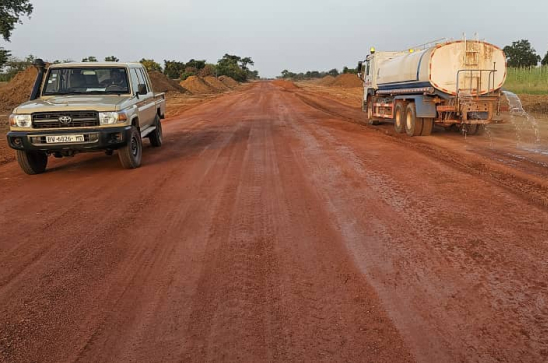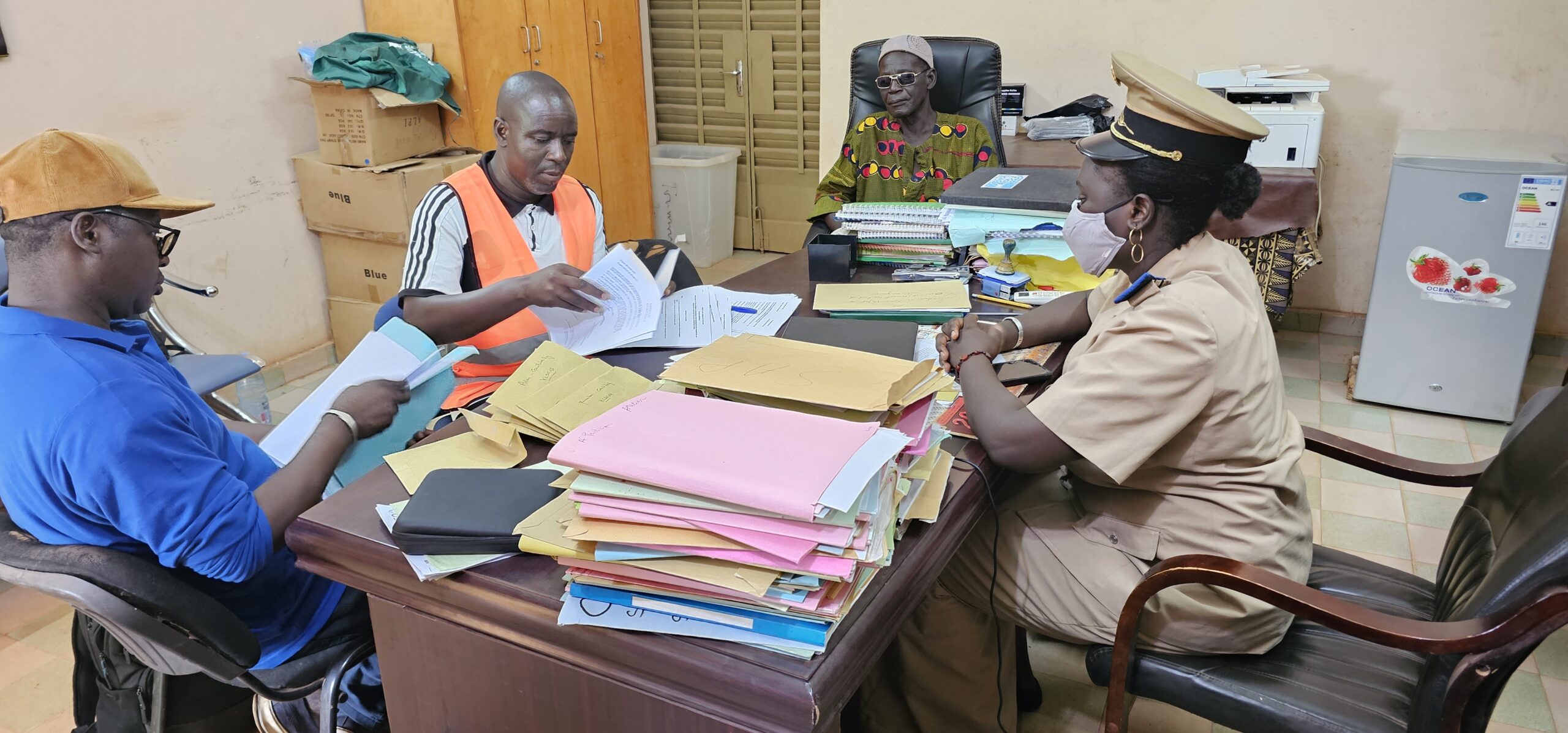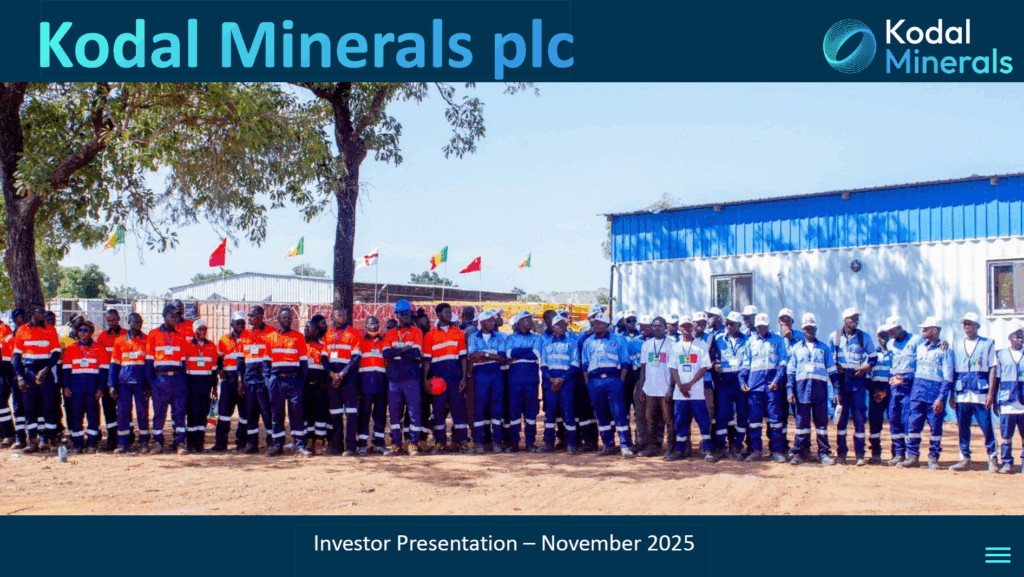ESIA summary and ESG commitments
The potential environmental impacts will only arise when we commence development, including mine and plant construction and production.


Our Environmental Social Impact Assessment (ESIA) for Bougouni Lithium Project Stage 1 (DMS plant) considered air quality, water & waste-water management, energy sources, waste & hazardous materials management, as well as the potential ecological impacts. This assessment was approved by local authorities and community consultation was also successful and in November 2019, Mali’s Ministre de l’Environnement, du l’Assainissement et du Développement Durable (Environment Ministry), granted Kodal its environmental permit for the Bougouni Project.
The ESIA results formed part of our Preliminary Feasibility Study (PFS) and fed into our engineering design plans. We then developed our Pre Feasibility Study (PFS) and the project design not only to improve the process engineering and efficiency of our plant but also to ensure the impact of potential climate change events are managed, and improvements to greenhouse gas emissions and energy sources were also considered.
Kodal subsequently submitted an updated ESIA on Bougouni Stage 1 to the Malian Environmental Department in October 2023. Following negotiations with the Department, the revised ESIA was officially submitted including minor adjustments to Bougouni Phase 1 from the original ESIA submission, which focussed on the flotation pathway that will now be developed as the Bougouni Phase 2 expansion, expected to commence development in 2026.
Part of the submission approval process included a visit to site from representatives from the DNACPN in February 2024, accompanied by the Minister of Environment, Professor Tiémoko Sangaré, following which the ministry endorsed Bougouni’s revised ESIA.
Kodal also conducted further engagement with the local community via our Community Consultation Committee to provide updates on the planned changes to our Bougouni Project.
As part of our ongoing commitments, environmental monitoring has commenced and supplemental studies are being conducted that include dust, noise, surface water and hydrogeological assessments, and waste rock geochemistry analysis.

